Exact Answer: 7 Days
Eggs are one of the world’s most basic yet delicious proteins. They are delicious on their own, in a breakfast casserole, or several baked recipes. A lot of people are big fans of hard-boiled eggs. Many of you might prefer hard-boiled eggs to soft-boiled eggs. Well, hard-boiled eggs are a healthy snack or part of a balanced meal that can be kept on hand.
They do, however, have a lower shelf life than fresh eggs, which may come as a surprise. Well, is it that you boiled eggs for a big party or meal and now left with many boiled eggs that were not eaten? Are you wondering how long those boiled eggs will last? This article shows how long hard-boiled eggs may last.
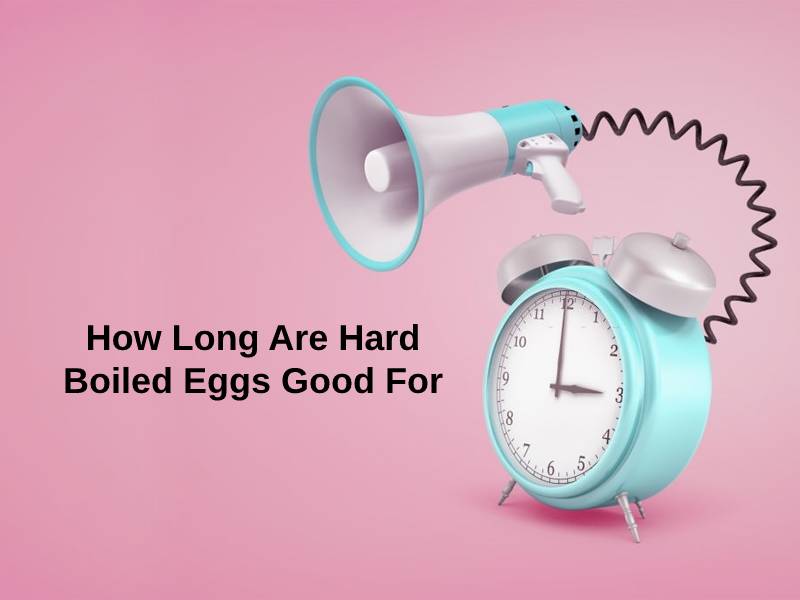
How Long Are Hard Boiled Eggs Good For?
| State Of Hard-boiled Eggs | Shelf Life |
| Peeled Hard-boiled Eggs | 5 Days |
| Unpeeled Hard-boiled Eggs | 7 Days |
If you have cooled down the Hard-cooked eggs and put them in the refrigerator without peeling, you have done a great job. This is because unpeeled hard-boiled eggs can survive for seven days in the fridge. Peeled hard-cooked eggs stored in the refrigerator should be consumed within 3-4 days due to the moist egg white surface being exposed and the potential of microorganism growth.
Hard-boiled eggs can be securely stored in the refrigerator for up to 7 days only if stored properly. It happens many times that you forget when you kept the hard-boiled eggs in the refrigerator. Well, in that case, you can check the appearance of the eggs. If they look slimy, they are spoiled.
To be safe, toss out the egg if it is present. It’s crucial not to eat eggs that are past their best, as this puts you in danger of foodborne illness, which can cause diarrhea, nausea, and vomiting. The odor of a rotten hard-boiled egg is unique and unpleasant. If the egg’s shell is still attached, you’ll have to crack it to examine the smell.
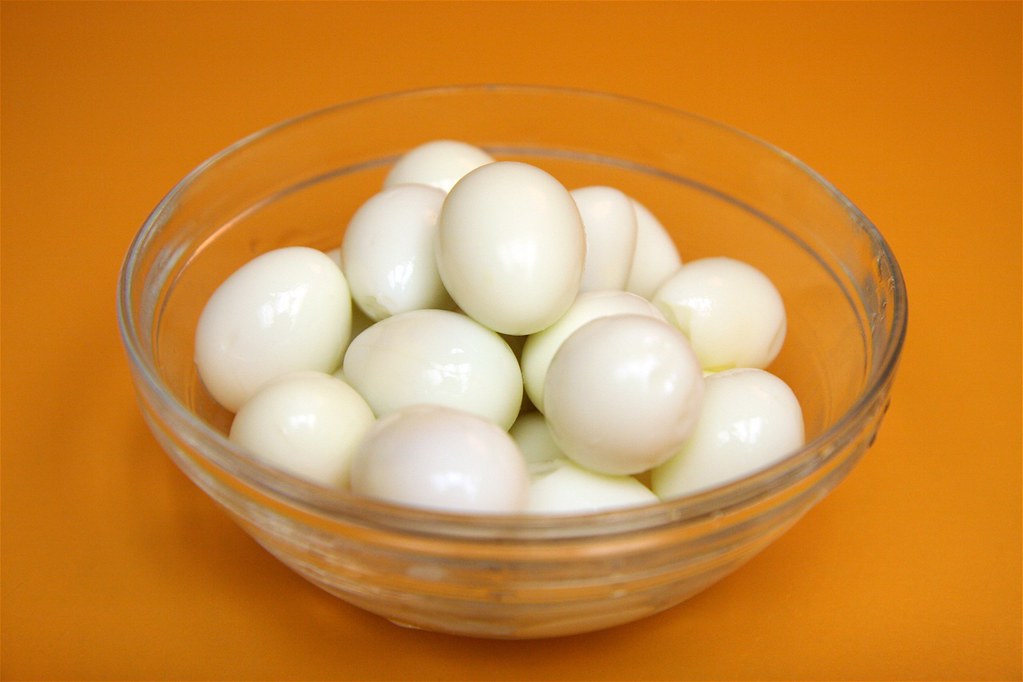
When the yolk of a hard-boiled egg turns greenish-grey, many people become concerned. This does not, however, imply that your egg has gone bad. The color of the yolk varies based on the amount of time it is cooked and the temperature it is cooked at.
When eggs are boiled for an extended period, the yolk grows lighter and eventually turns a greenish-grey tint. When you overcook an egg, the iron in the yolk reacts with the hydrogen sulfide in the white, resulting in this color. While the texture and mouthfeel may be affected, the food is safe to eat.
Why Do Hard Boiled Eggs Last That Long?
The main reason why hard-boiled eggs last only that long is because they are easily prone to bacteria. While raw eggs can be stored in the refrigerator for up to 5 weeks, hard-boiled eggs cannot. Because eggshells are permeable, bacteria can easily enter them. That’s why they’re protected from injury by a layer of cuticle.
Moreover, hard-boiled eggs will only last two hours at room temperature. So, eat hard-boiled eggs as soon as possible after cooking or taking them out of the fridge. And if you are not able to finish them, put them in the refrigerator immediately.
Furthermore, suppliers put oil on the shells of the eggs to further protect them from dangerous chemicals. This extends the life of the product. When you boil them, however, the cuticle layer dissolves and the artificial coating is washed away, drastically limiting their shelf life.
Refrigerating hard-boiled eggs is the greatest approach to increase their shelf life. To keep them safe from moisture and contaminants, store them in an airtight container. Keep them refrigerated at all times. Don’t make the mistake of storing hard-boiled eggs in the freezer.
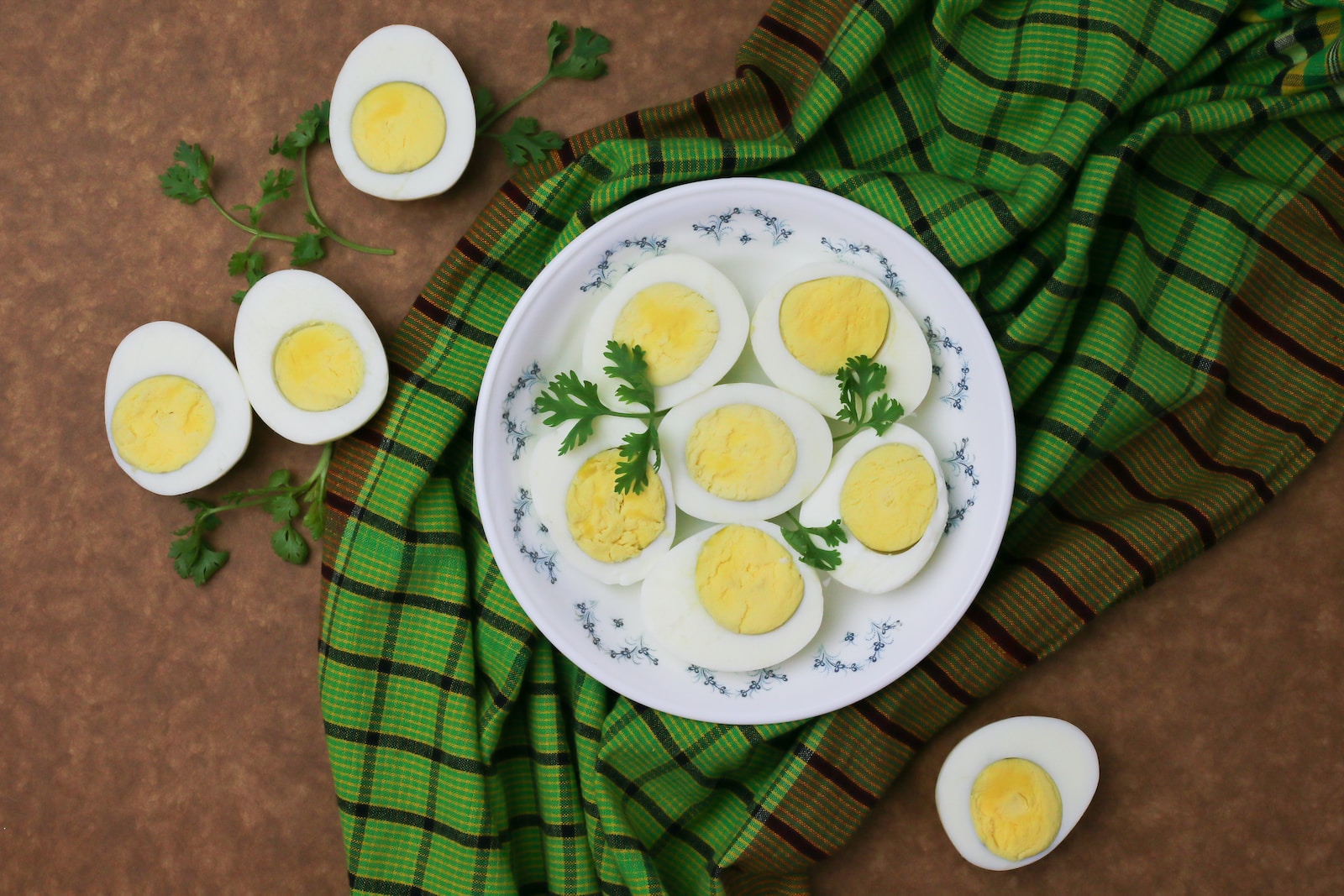
For starters, freezing the egg will disrupt the cellular structure of the shell, reducing its shelf life. Second, even after defrosting, the egg whites become overly tough and rubbery. Throw them out if they become slimy at any stage.
So, whenever you have leftover hard-boiled eggs, never leave them in the open as their shelf life is very short at room temperature. Always remember to keep hard-boiled eggs in the refrigerator to save them from bacteria and getting spoiled.
Conclusion
Did you boil too many eggs that you were not able to eat all? Are you wondering how long those hard-boiled eggs last? Well, now you have the answer to all your questions. To keep your hard-boiled eggs safe and fresh, keep them refrigerated.
Within two hours of boiling, hard-boiled eggs should be placed in the fridge on an interior shelf rather than in the door. Hard-boiled eggs should not be peeled until they are ready to eat or prepare with. Hard-boiled eggs will keep for about a week if handled and kept appropriately.
Hard-boiled eggs should be kept in the fridge on the inside shelf and cooled within 2 hours of cooking. Store them unpeeled in an egg carton or an airtight container for the best results. So, there’s no need for you to worry anymore about hard-boiled eggs and their shelf life.

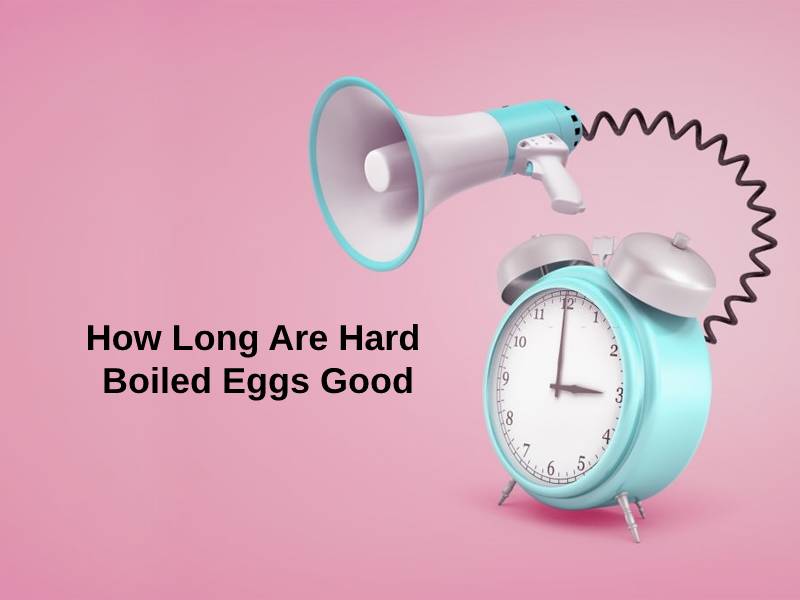
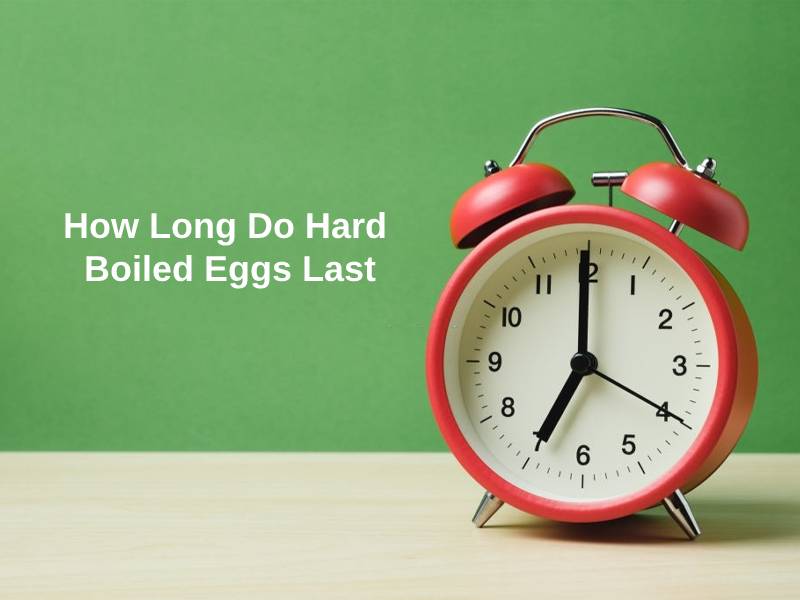
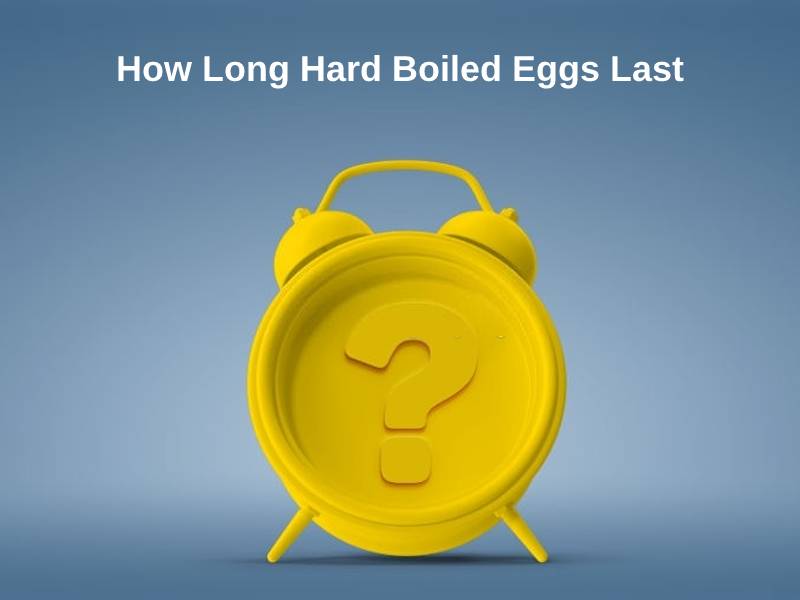
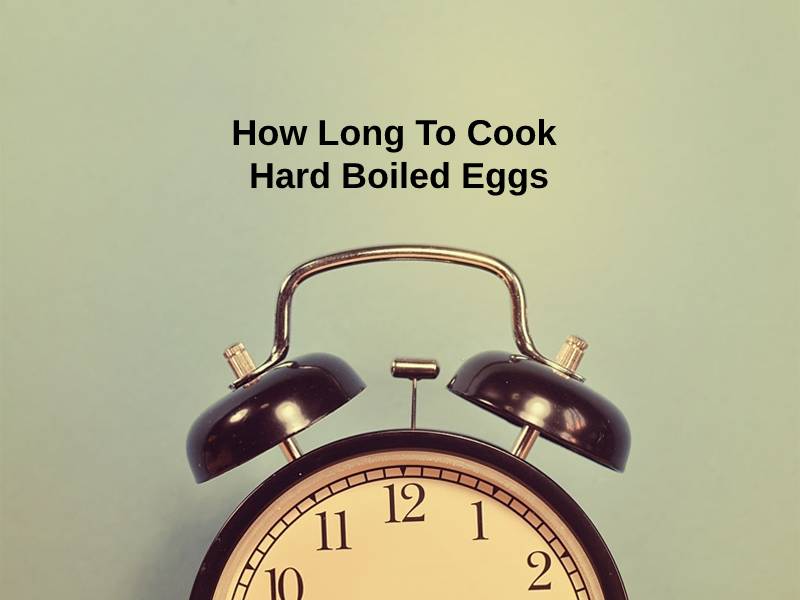
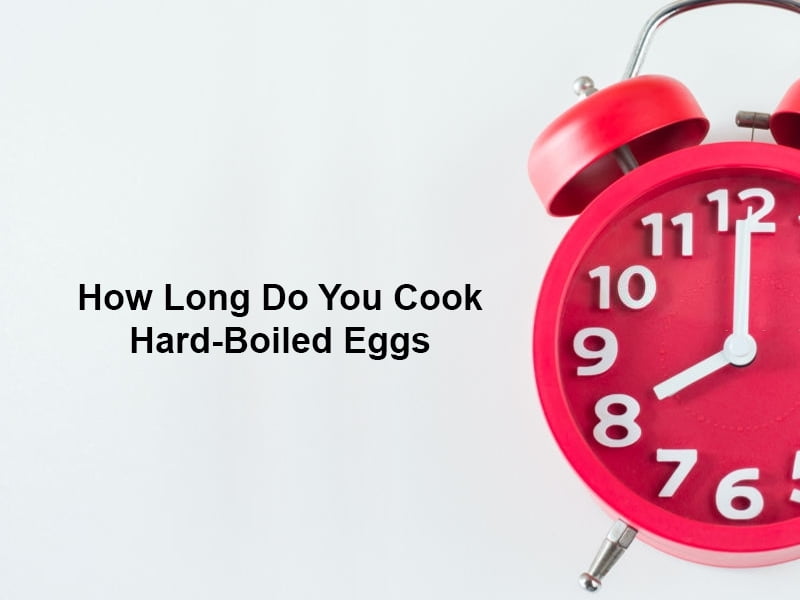
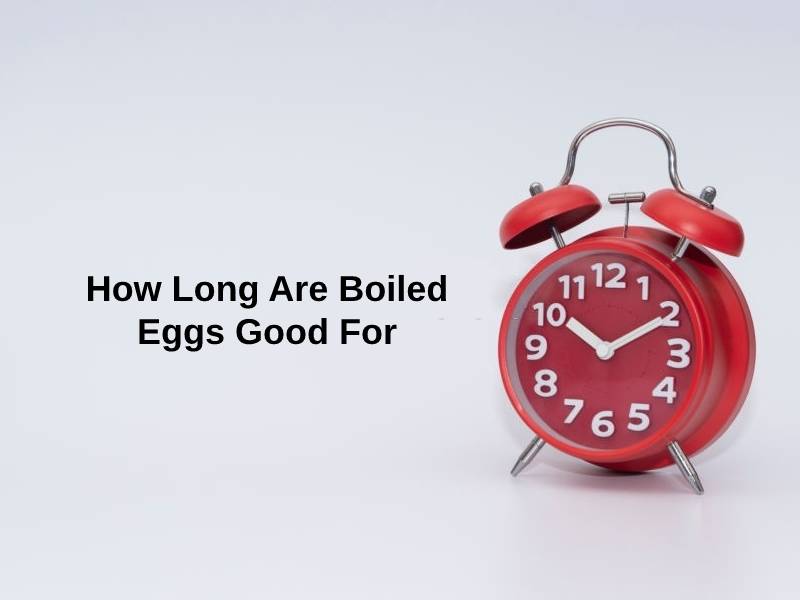
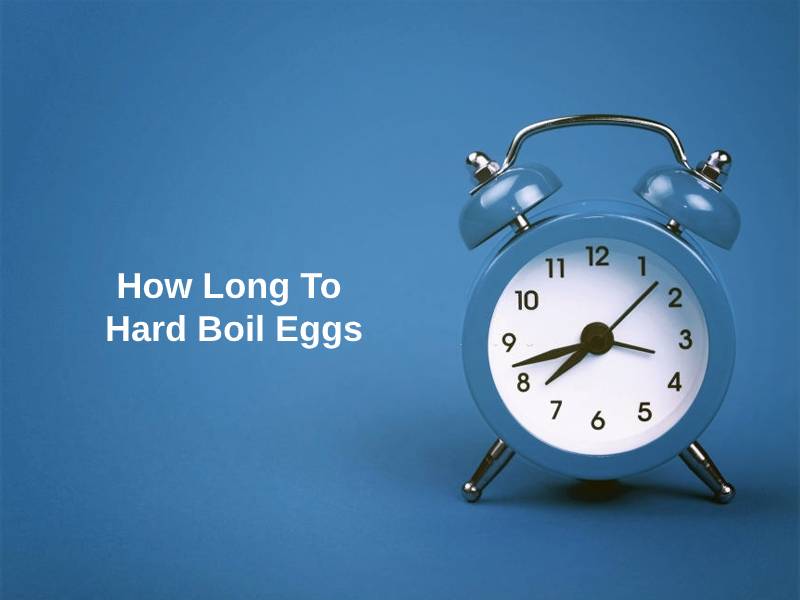
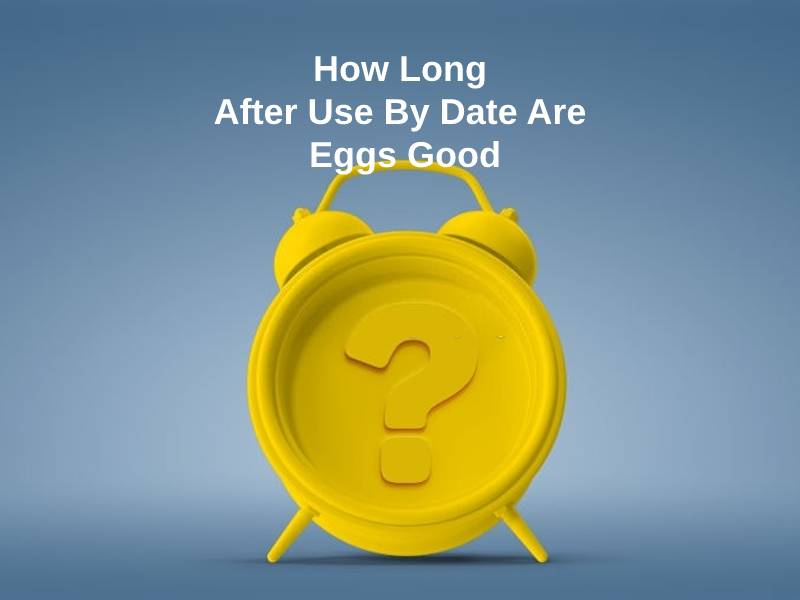
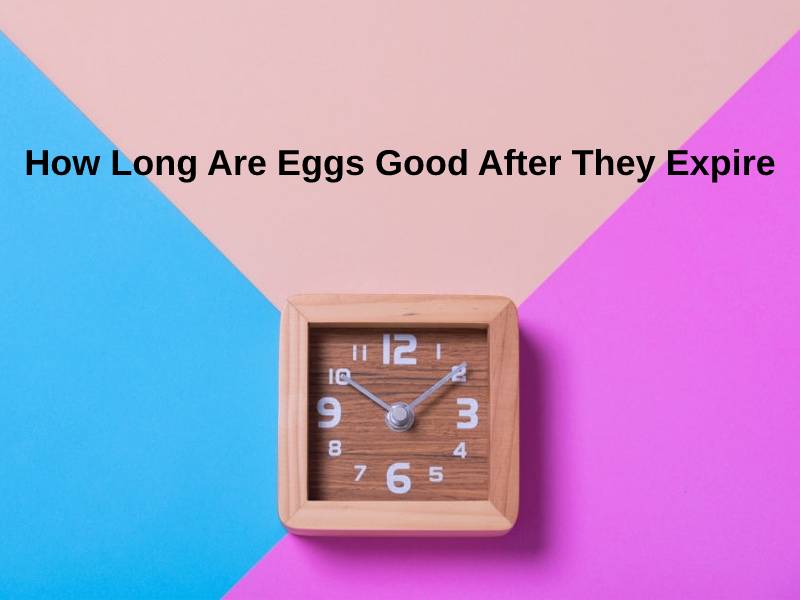
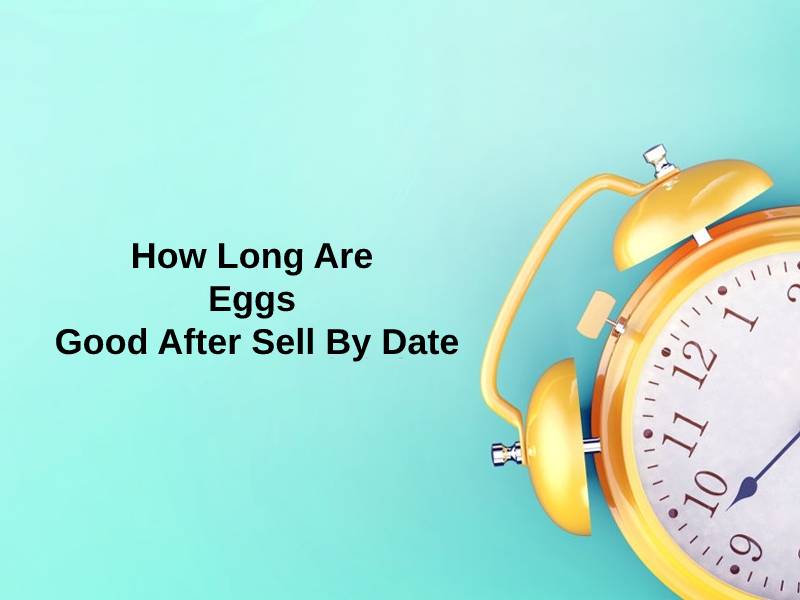
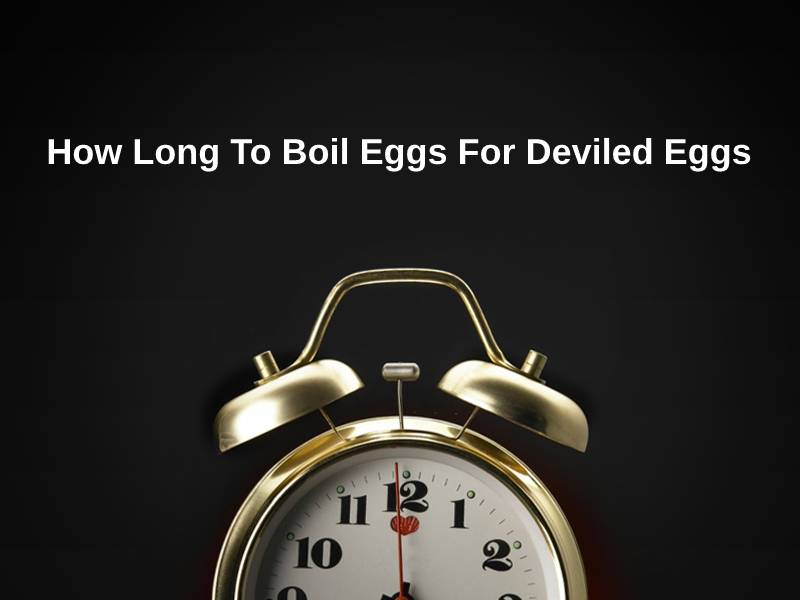


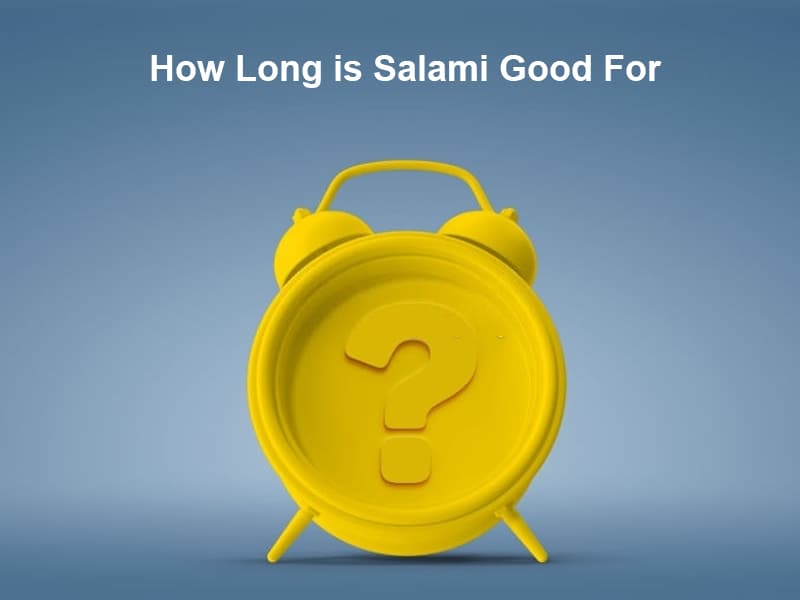
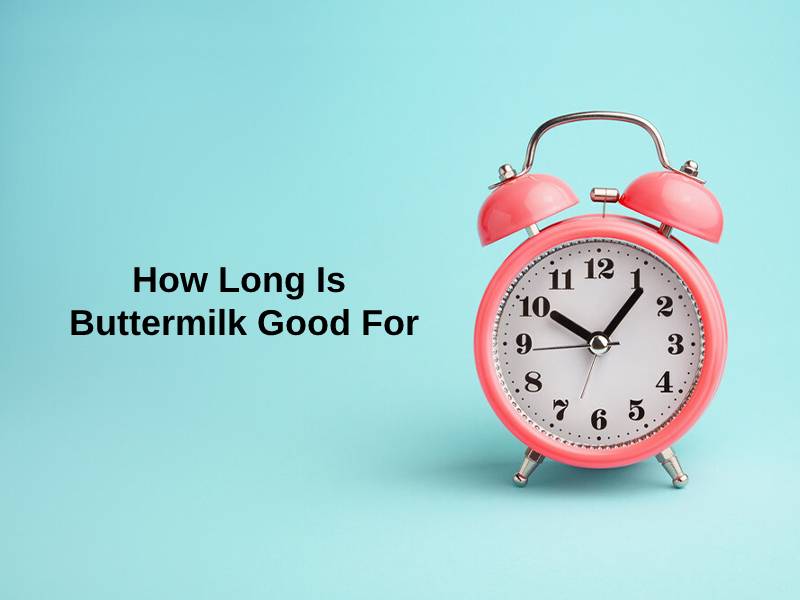



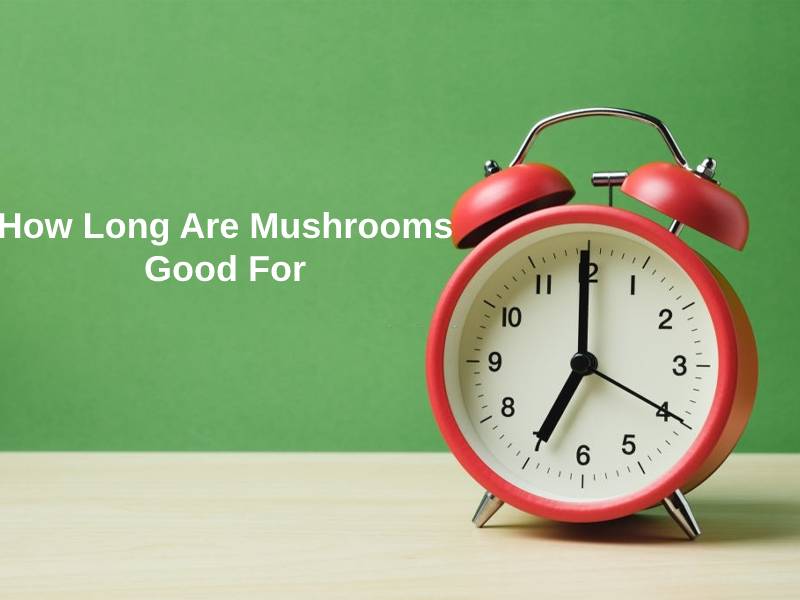

The explanation regarding the permeability of eggshells and bacterial susceptibility is quite enlightening. It underscores the importance of protective measures to preserve the integrity of hard-boiled eggs.
Absolutely, White Joe. Learning about the protective measures for hard-boiled eggs provides valuable knowledge for ensuring food safety and quality.
I appreciate the detailed explanation about the color changes in hard-boiled eggs and the impact of overcooking. It’s enlightening to learn the science behind these culinary phenomena.
Indeed, Rgreen. Understanding the factors contributing to color changes in hard-boiled eggs is fascinating. It enhances our appreciation for the culinary science involved.
It’s intriguing to learn about the impact of freezing on the cellular structure of hard-boiled eggs. The details provided offer a compelling explanation for their limited shelf life.
I agree, Ross Julia. Discovering the effects of freezing on hard-boiled eggs adds depth to our understanding of their shelf life. It’s quite enlightening.
The details provided on the potential risks associated with consuming spoiled hard-boiled eggs are crucial for ensuring food safety. It’s a reminder to be vigilant about egg quality.
Absolutely, Pauline37. Being aware of the risks associated with spoiled hard-boiled eggs is essential for maintaining food safety. It’s an important concern.
I find it fascinating how the longevity of hard-boiled eggs is impacted by various factors such as peeling and storage methods. Very informative article.
Absolutely, Lola02. The article provides valuable insight into the shelf life of hard-boiled eggs based on different handling practices. It’s essential information to have.
While it’s a bit disappointing to learn that hard-boiled eggs have a relatively short shelf life, it’s essential to know the reasons behind it. Knowledge about proper handling and storage can help minimize any waste.
You’re absolutely right, Jones Jeremy. Being aware of how to safely store hard-boiled eggs is crucial for reducing food waste. It’s a valuable insight.
Agreed, Jones Jeremy. This knowledge equips us to make informed decisions about handling and utilizing hard-boiled eggs efficiently.
While it’s a bit unfortunate that hard-boiled eggs have a relatively limited shelf life, the tips on proper storage and handling are instrumental in maximizing their freshness and safety.
Indeed, Matthews Oliver. The guidance on storage and handling practices for hard-boiled eggs equips us to make informed decisions to maintain their quality.
Agreed, Matthews Oliver. By understanding proper storage and handling, we can make the most of hard-boiled eggs while minimizing food waste.
The emphasis on proper refrigeration and storage methods for hard-boiled eggs is essential. It’s a reminder to be mindful of food safety practices to safeguard against any health risks.
Precisely, Dean00. Understanding the significance of refrigeration in preserving hard-boiled eggs reinforces the importance of food safety.
Absolutely, Dean00. This insight underscores the critical role of refrigeration in maintaining the quality and safety of hard-boiled eggs.
The insights offered in this article serve as a valuable resource for understanding the shelf life and safety considerations of hard-boiled eggs. It’s a comprehensive guide that’s informative and instructive.
I couldn’t agree more, James Natasha. The article provides an in-depth understanding of hard-boiled egg storage and safety. It’s an invaluable resource.
Absolutely, James Natasha. The article offers comprehensive guidance on hard-boiled egg shelf life and safety, enhancing our knowledge on food handling and storage principles.
Hard-boiled eggs are a great, versatile ingredient that is both delicious and healthy. It’s good to know how long they will last in the fridge, especially when you have leftovers. Thanks for the useful information.
I couldn’t agree more, Young Lauren. It’s great to have a clear understanding of how long hard-boiled eggs can be safely stored. You’re welcome!